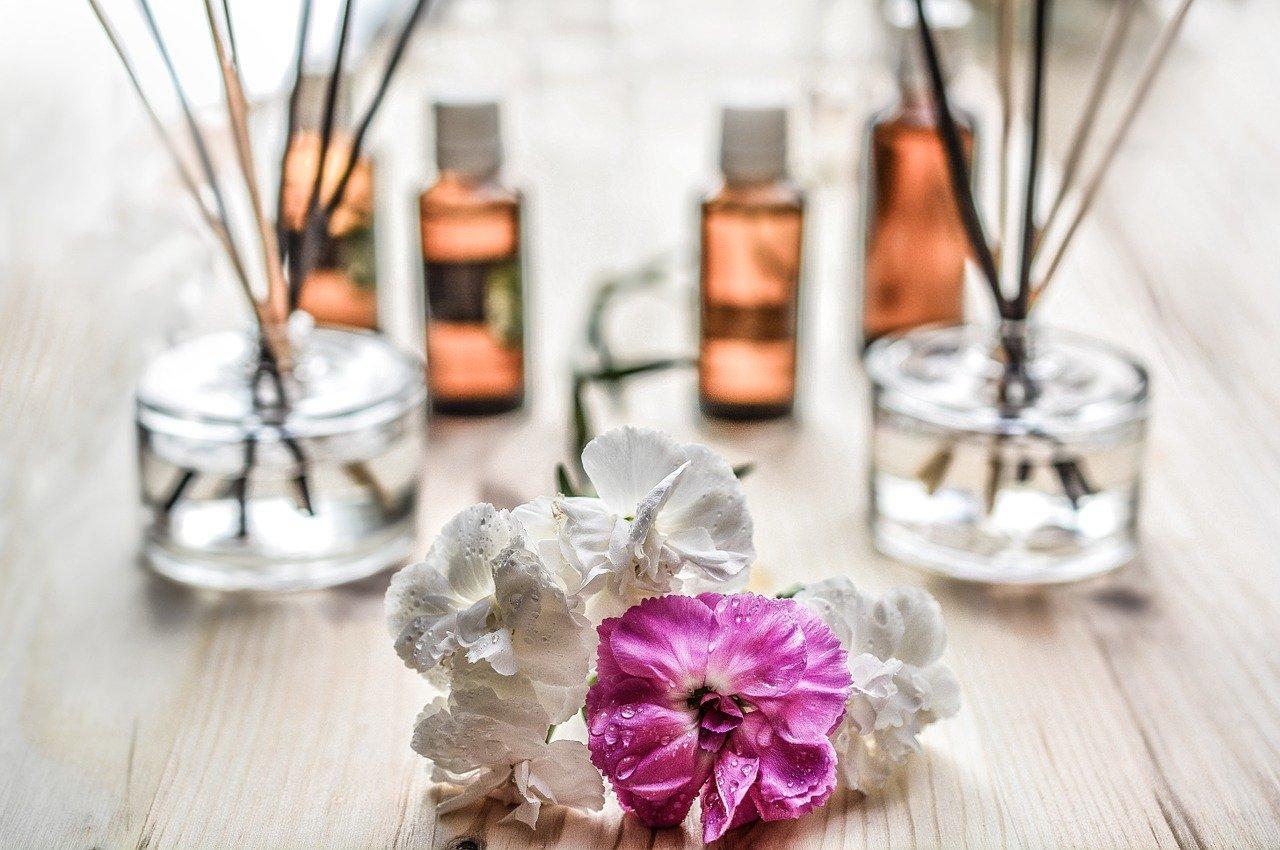Spring brings in beautiful flowers and longer days but also brings seasonal allergies for many people. The sneezing, congestion, itchy eyes, and other symptoms can wear one down and make going outdoors unbearable. While conventional medicine can provide relief, it often comes with side effects that some people prefer to avoid. Thankfully, homeopathy offers an all-natural solution to relieve seasonal allergies effectively.
Homeopathy involves the use of natural remedies derived from plants, minerals, and animals to promote the body’s self-healing capabilities. The remedies are selected based on the person’s symptoms and treat the source of the allergy instead of masking the symptoms. Homeopathy’s holistic approach not only provides symptom relief but also improves the overall health and well-being of the individual. This article aims to provide a complete guide for people looking for an all-natural way to manage seasonal allergies through homeopathic remedies. It will discuss everything from the theory behind homeopathy and how it can benefit people with seasonal allergies, to the different remedies for specific symptoms, their usage and dosages.
Exploring Homeopathic Uses In Healthcare
Exploring the uses of homeopathy in healthcare reveals a wide range of applications for various health conditions. Homeopathy is a holistic system of medicine that aims to stimulate the body’s natural healing mechanisms. It can be used to address both acute and chronic conditions. For instance, homeopathy is frequently employed in the management of respiratory ailments like allergies, asthma, and bronchitis. Remedies such as Arsenicum album, Natrum sulphuricum, or Spongia tosta may be prescribed based on the individual’s symptoms and constitution to alleviate respiratory distress.
Homeopathy is also utilized in treating digestive disorders, including acid reflux, irritable bowel syndrome (IBS), and gastritis. Remedies like Nux vomica, Pulsatilla, or Carbo vegetabilis are commonly prescribed to address specific symptoms associated with these conditions, such as heartburn, bloating, or abdominal pain. Additionally, homeopathy can be beneficial in mental health concerns, such as anxiety, depression, and insomnia. Remedies like Ignatia amara, Lycopodium, or Natrum muriaticum may be recommended based on the individual’s emotional state and unique symptom profile.
It’s important to note that homeopathy is considered a complementary approach and should not be used as a substitute for conventional medical care. While some individuals report positive outcomes with homeopathic treatments, scientific evidence supporting its efficacy is mixed. As with any healthcare decision, consulting with a qualified healthcare professional is essential to determine the most appropriate course of treatment and ensure an integrated approach to care.
Detailed Information On The Various Seasonal Allergy Types
Homeopathic remedies offer a natural and individualized approach to managing seasonal allergies. There are several types of seasonal allergies, each triggered by different allergens. One common type is allergic rhinitis, also known as hay fever, which occurs due to allergens like pollen, grass, or mold spores. Homeopathic remedies such as Allium cepa, Euphrasia, or Sabadilla can help alleviate symptoms like sneezing, itchy or watery eyes, and a runny nose associated with allergic rhinitis. Another prevalent type is allergic conjunctivitis, characterized by redness, itching, and swelling of the eyes due to allergens like pollen or pet dander. Homeopathic remedies like Apis mellifica or Pulsatilla can provide relief from these symptoms.
Furthermore, some individuals may experience allergic asthma, where exposure to allergens like pollen or dust mites triggers breathing difficulties, wheezing, and coughing. Homeopathic remedies such as Natrum sulphuricum or Arsenicum album can be beneficial for managing symptoms associated with allergic asthma. It’s important to note that the selection of a specific homeopathic remedy depends on the individual’s unique symptom profile and constitution. Homeopathy aims to address the underlying causes of allergies while considering the holistic well-being of the person, providing personalized and gentle relief from seasonal allergy symptoms. However, it’s recommended to consult with a qualified homeopathic practitioner for proper guidance and treatment.
Recognizing And Understanding The Symptoms Of Allergic Reactions
Recognizing and understanding the symptoms of allergic reactions is crucial for timely intervention and effective management. Allergic reactions can manifest in various ways, depending on the allergen and individual response. One common symptom is skin reactions, such as hives (urticaria) or eczema, characterized by red, itchy, and raised patches on the skin. These reactions can occur due to allergens like certain foods, medications, insect bites, or contact with irritants like latex. For example, someone with a food allergy may develop hives or facial swelling after consuming specific allergenic foods like peanuts or shellfish.
Respiratory symptoms are another hallmark of allergic reactions. Allergic rhinitis, commonly known as hay fever, can lead to sneezing, a runny or stuffy nose, itching, and watery eyes. This condition is often triggered by environmental allergens such as pollen, dust mites, or pet dander. In more severe cases, allergic reactions can affect the respiratory system, causing difficulty breathing, wheezing, or coughing. Allergic asthma, for instance, is characterized by recurring episodes of airway inflammation and constriction triggered by allergens like pollen or animal dander.
Other symptoms of allergic reactions may include gastrointestinal issues like nausea, vomiting, abdominal pain, or diarrhea. In severe cases, anaphylaxis can occur, which is a potentially life-threatening allergic reaction that affects multiple body systems. Anaphylaxis requires immediate medical attention and may present with symptoms like difficulty breathing, a sudden drop in blood pressure, swelling of the face or throat, and a rapid or weak pulse.
Our Final Thoughts On Homeopathic Remedies For Seasonal Allergies
If you are experiencing seasonal allergies, it might be worth exploring homeopathic remedies as a potential solution. With its emphasis on personalized and natural treatment options, homeopathy offers a comprehensive approach to allergy relief. From remedies made with plants like Euphrasia and Arsenicum album to those made with animal products like Apis mellifica, there are many different options available for those seeking alternative treatments. While research is still ongoing, many people have found significant relief from homeopathic remedies such as Allium cepa and Sabadilla. Additionally, homeopathy can be a great option for those who want to avoid the side effects that can come with chemical-based allergy medications. No matter which remedy you choose, make sure to consult with a licensed homeopathic practitioner to ensure the best possible results. With its focus on treating the underlying cause of allergies, rather than just the symptoms, homeopathy offers a natural and holistic approach to managing seasonal allergies.
More About The Authors
Essential Zen is all about Homeopathy, a revolutionary medical system that harnesses the body’s innate ability to heal itself. Instead of harsh chemicals or invasive procedures, Homeopathy uses natural substances such as plants and minerals in tiny doses to stimulate the body’s healing process. With roots tracing back to Germany in the late 1700s, Homeopathy is quickly gaining popularity in the United States – and Essential Zen is at the forefront of this movement. Our mission? To spread the word about Homeopathy’s incredible benefits and keep this natural healing tradition thriving.
Special thanks to Mary Jane’s CBD Dispensary one of the top CBD online stores. We’re so glad you found our site. You can find your way back to the blog anytime by clicking on our logo at the top of any page or using our site map for a complete list of pages and their associated content. If you want to stay connected with Mary Jane’s CBD Dispensary, we would love it if you could check out their site today! And don’t forget about Facebook and Twitter too – both are great ways to keep in touch with what’s happening at MJCD. Until next time!

